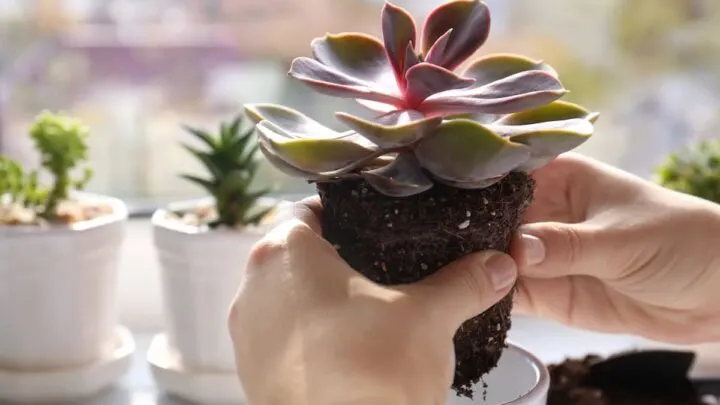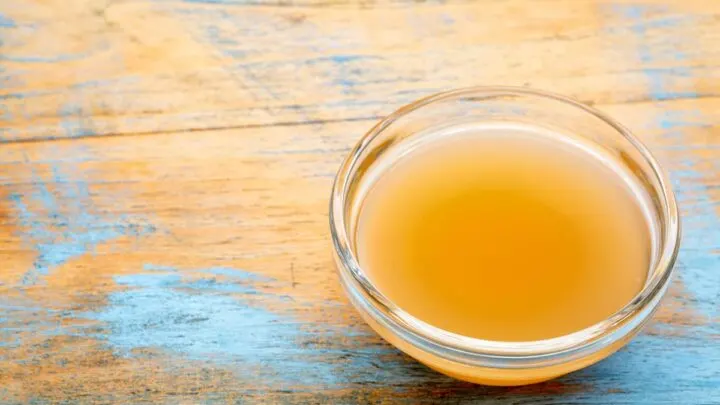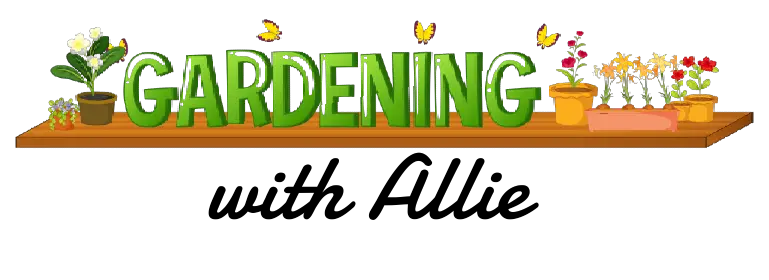When you have a beautiful succulent garden growing, you want to do everything to help it. If those solutions are natural, then it’s even better, so you turn to research vinegar. Before you go dumping vinegar into your succulents, think about how succulent plants may react to vinegar.
Putting vinegar on succulent plants has several benefits, including killing gnats and other problems that arise with gardens.
Too much vinegar can easily kill your succulents, but if it is used correctly, you have found a natural way to take care of your succulents. Read through this article to learn about what vinegar does for your succulents and how to use it properly.

Types of Vinegar To Use On Succulents
You can use several different types of vinegar on succulents, including white vinegar and apple cider vinegar.
If you’re afraid to use vinegar on your plants, you can also dilute them with water.
White Vinegar
White vinegar can be used on succulent plants, but it is highly acidic.
Vinegar may look like water, but it is highly acidic – more so when it comes to your succulents.
We’ll talk about some of the benefits of vinegar and your succulents later, but here is a teaser before we dive further into it:
- Killing pests, like gnats or other harmful bugs
- Kill diseases, fungi, and weeds
Apple Cider Vinegar
Apple cider vinegar isn’t only healthy for you and your body.
Apple cider vinegar can be used in place of white vinegar because some people think that it is less harsh than white vinegar.
Be that as it may, you will still want to dilute your apple cider vinegar with water before you use it on your succulents.
You can also add soap to your apple cider vinegar solution to help your succulents, especially if you use it to kill bugs and other gnats.
Diluted Vinegar Solution
If you’re new to vinegar, you may want to start with diluted vinegar solutions.
When using vinegar on succulents, you will want to heavily dilute your vinegar with water.
You can add two or three tablespoons to about a quart of water. It does not seem like much vinegar, but it is very acidic, so you want to be careful about how much you use on your plants.
Just because the vinegar is diluted does not mean that you can spray it on everything without care. You will still need to be careful about what you spray it on because it can kill weeds and succulents non-selectively.

5 Benefits Of Applying Vinegar To Succulents
Different types of vinegar can be harsh on succulents if used incorrectly. However, used correctly, vinegar can be a powerful tool for your garden.
Kill Gnats And Other Bugs Safely
When you have a gnat or other bug problem, you may not want to use harsh pesticides to kill the bugs.
Pesticides on the market can be harmful to you and your animals. If you’ve ever read anything on the internet, you might want a homemade solution to take care of the problem.
Plain white vinegar is acidic enough to kill insects on your plants.
Be careful when spraying your plants with vinegar because you may kill the succulents too!
Kills Diseased Foliage But Not The Roots
When fungus and disease hit your succulents, it can be difficult to control the problem, especially if you aren’t an experienced gardener.
Vinegar can be helpful because it, well, kills your plants.
Now, I know what you’re thinking. That’s not good!
The vinegar will be enough to kill off the foliage that is infected. All you need to do is clip away the dead foliage and solve the fungi problem!
Vinegar Will Kill Surrounding Weeds
Vinegar can kill weeds that are beginning to take control of your garden.
Some people hate weeding, so the vinegar can be helpful when taking back control of the problem.
When you’re taking care of garden pests, you need to watch where you’re spraying the vinegar. You might kill the weeds in your garden, but you could easily kill the succulents!
Helps Plants Bloom
Adding vinegar to your succulents can help them bloom.
Succulents aren’t known for blooming often, but many succulents do occasionally have blooms.
You don’t want to add pure vinegar to your plants. Mix water, white vinegar, and sugar (the secret ingredient) and spray it on your succulents. The mixture will be, by far, made of water.
Removes Hard Water Stains From Succulents
This is more of a cosmetic problem for your plants, but vinegar can remove hard water stains that may happen when you water your succulents.
You can spray vinegar on your plants and let them sit for a few hours. Carefully wash off the vinegar from the succulents.
Don’t let too much water or vinegar flow into the soil because it can do more harm than good for your plants.
Will Vinegar Harm My Succulents
Vinegar can have some powerful benefits on succulents, but it can also be harmful to your succulents.
Succulents do not like vinegar, even if there are ways that it can help your plants or save your garden.
Spraying vinegar can and will harm your succulents.
Vinegar is acidic, as I have said a few times in this article, and it can dry out the root system of the succulents. Succulents don’t need a lot of water, but they can quickly destroy the most important part of your plants.
If you start to spray too much vinegar all over your plants, you will see that your succulents will quickly turn black and die off.
You may see your succulent become black in some parts, and if you catch it quickly, you should stop using vinegar on your plants as soon as possible. You can wash the vinegar off the plant, but do not flood the root system with water.
Will Vinegar Kill Plant Leaves
Like with the root system, vinegar can also kill plant leaves.
We said that killing plant leaves is beneficial when your succulent is dealing with disease, but that isn’t always a good thing!
Say you see that vinegar can help your plant bloom, so you start spritzing your plants with a bottle of vinegar.
Your plant won’t bloom. Your succulent will start to turn black.
Your succulent leaves will die off more quickly than the rest of your plant because they are thinner and further from the root system.
In this case, you can kill your plants from the leaves down, so make sure to use a light hand when you’re using water!

Hi there, my name is Allie and welcome to my blog; GareningWithAllie!
Much of what you see written here is just our personal experiences with gardening. Along with the content I write here, there is also a unique collection of gardening topics covered by some of our close friends. I hope you find everything you read here to be helpful, informative, and something that can make your gardening journey the most lovely experience ever! With that said, Happy Gardening!
